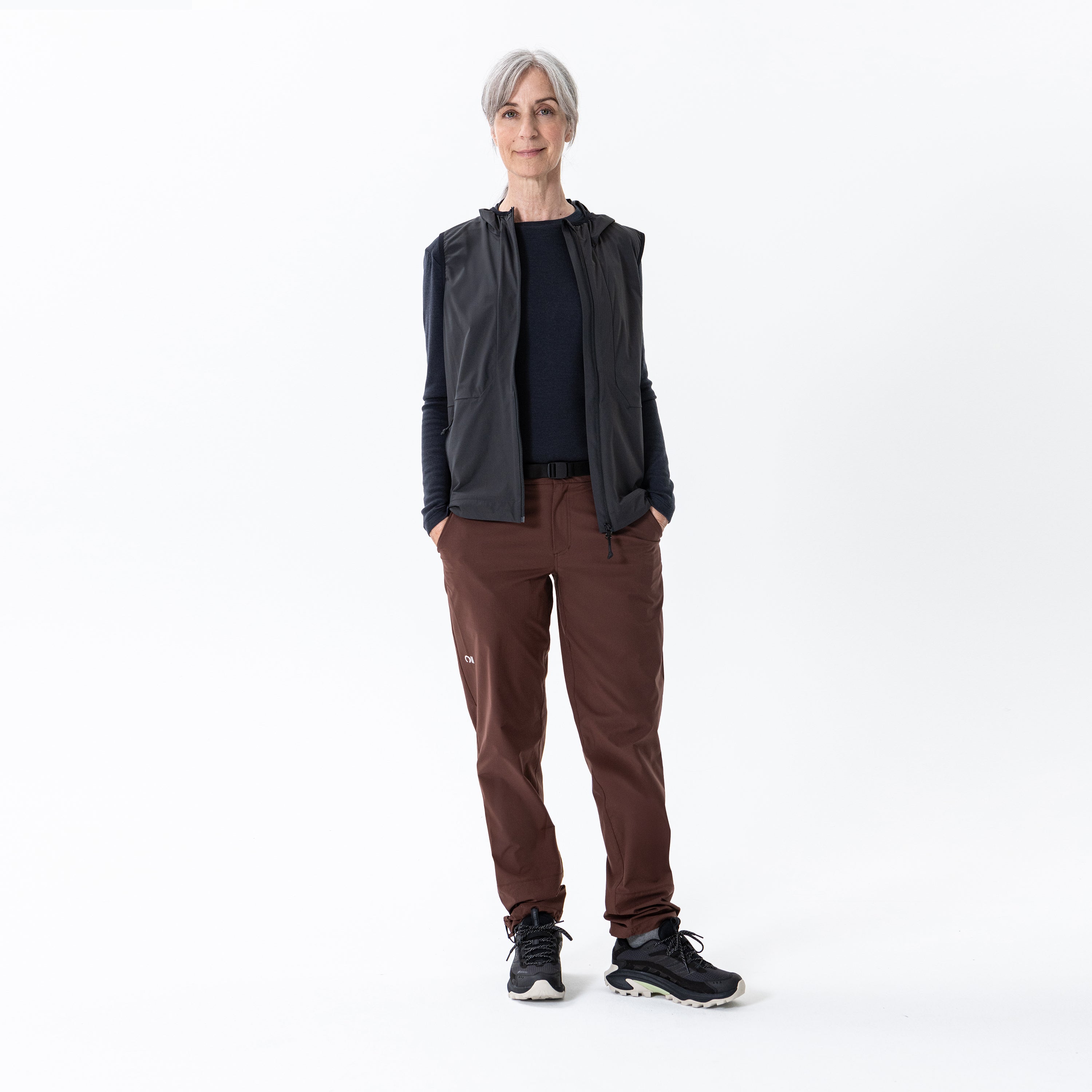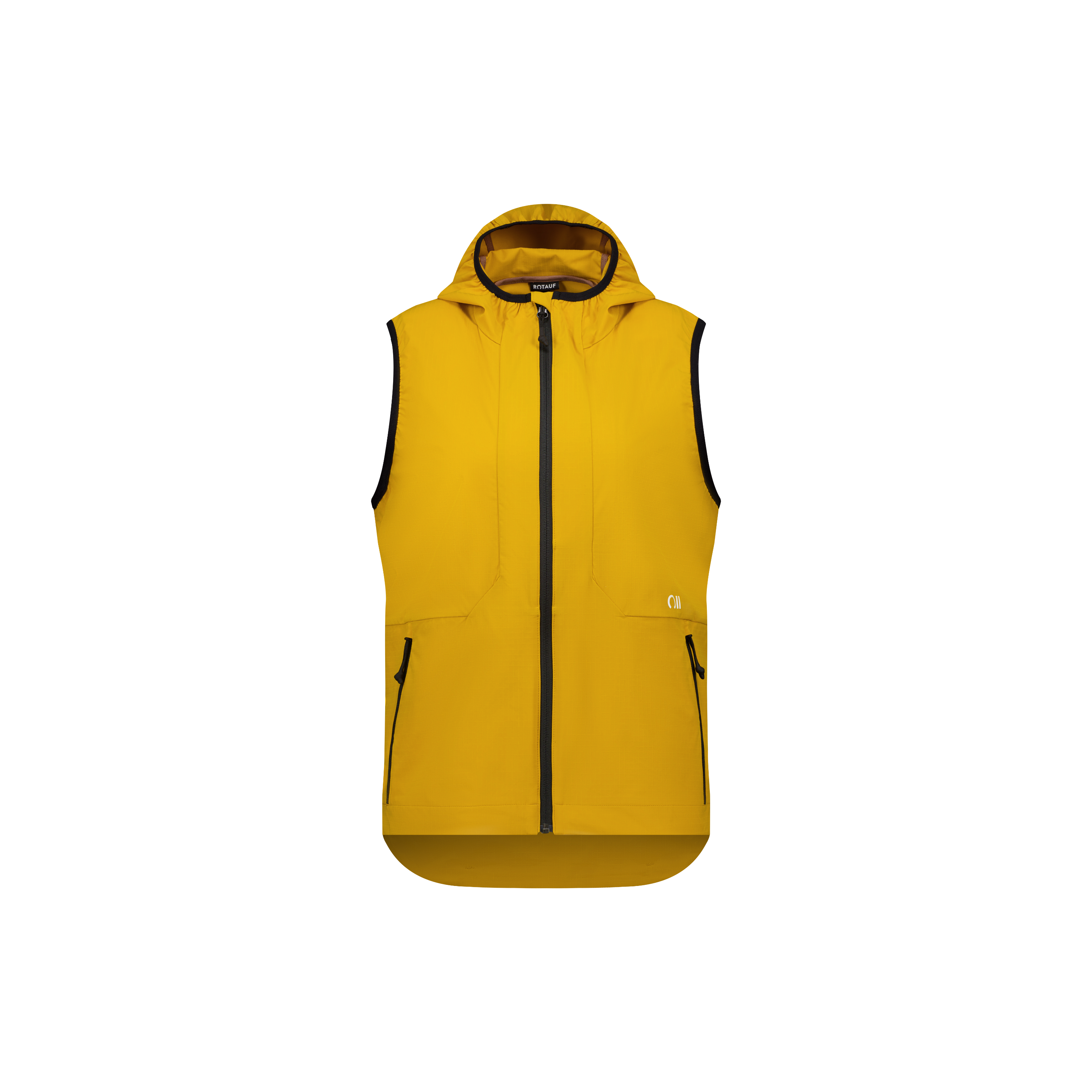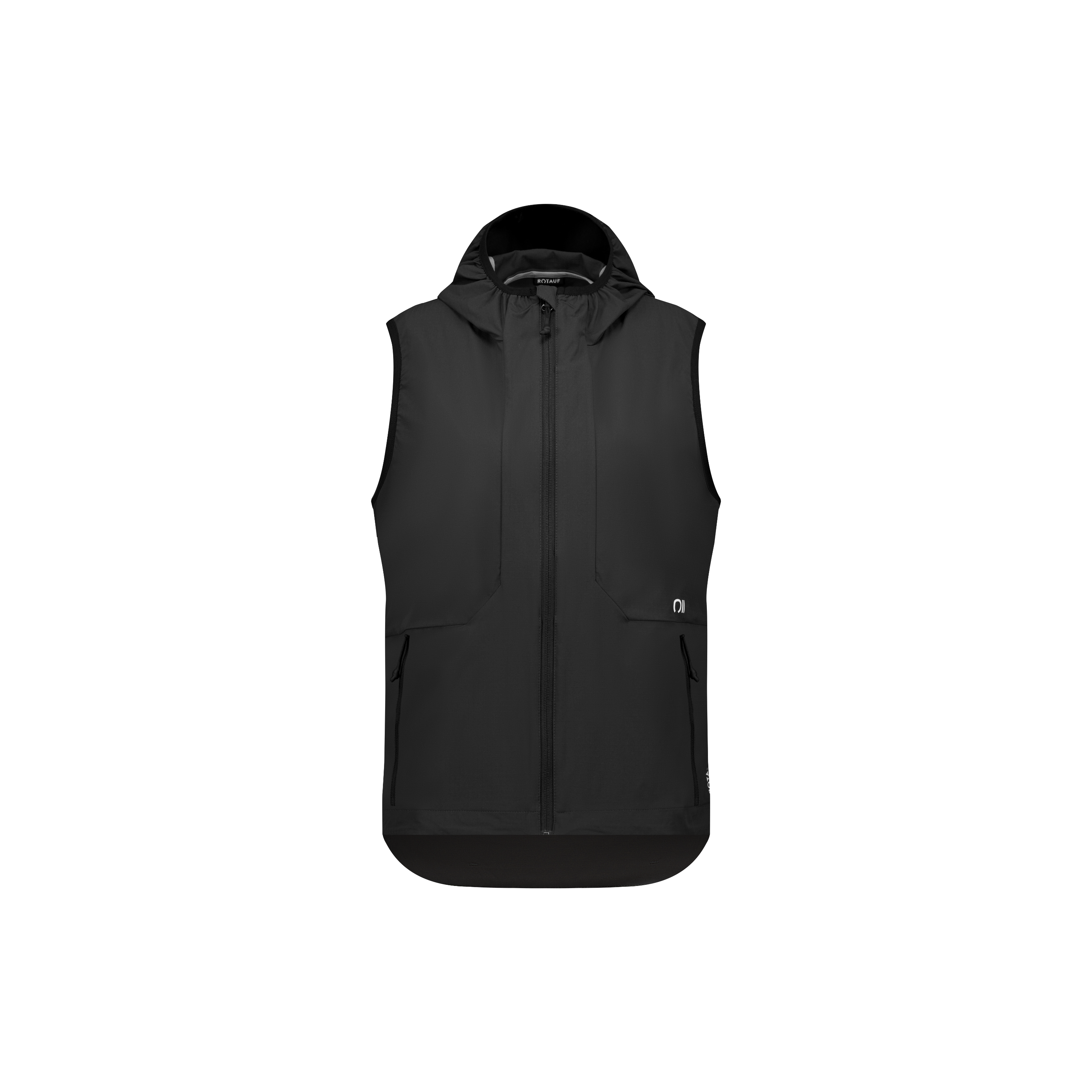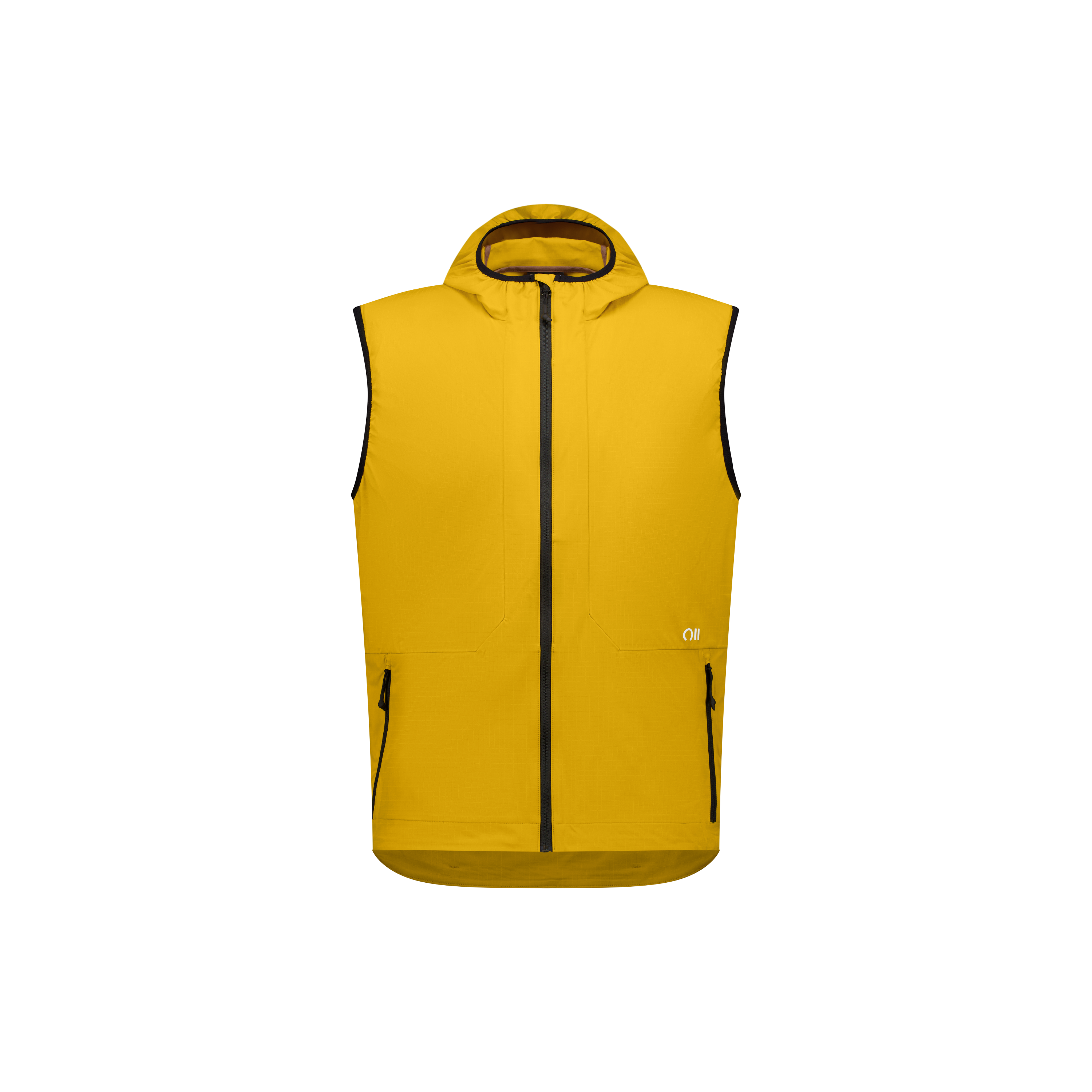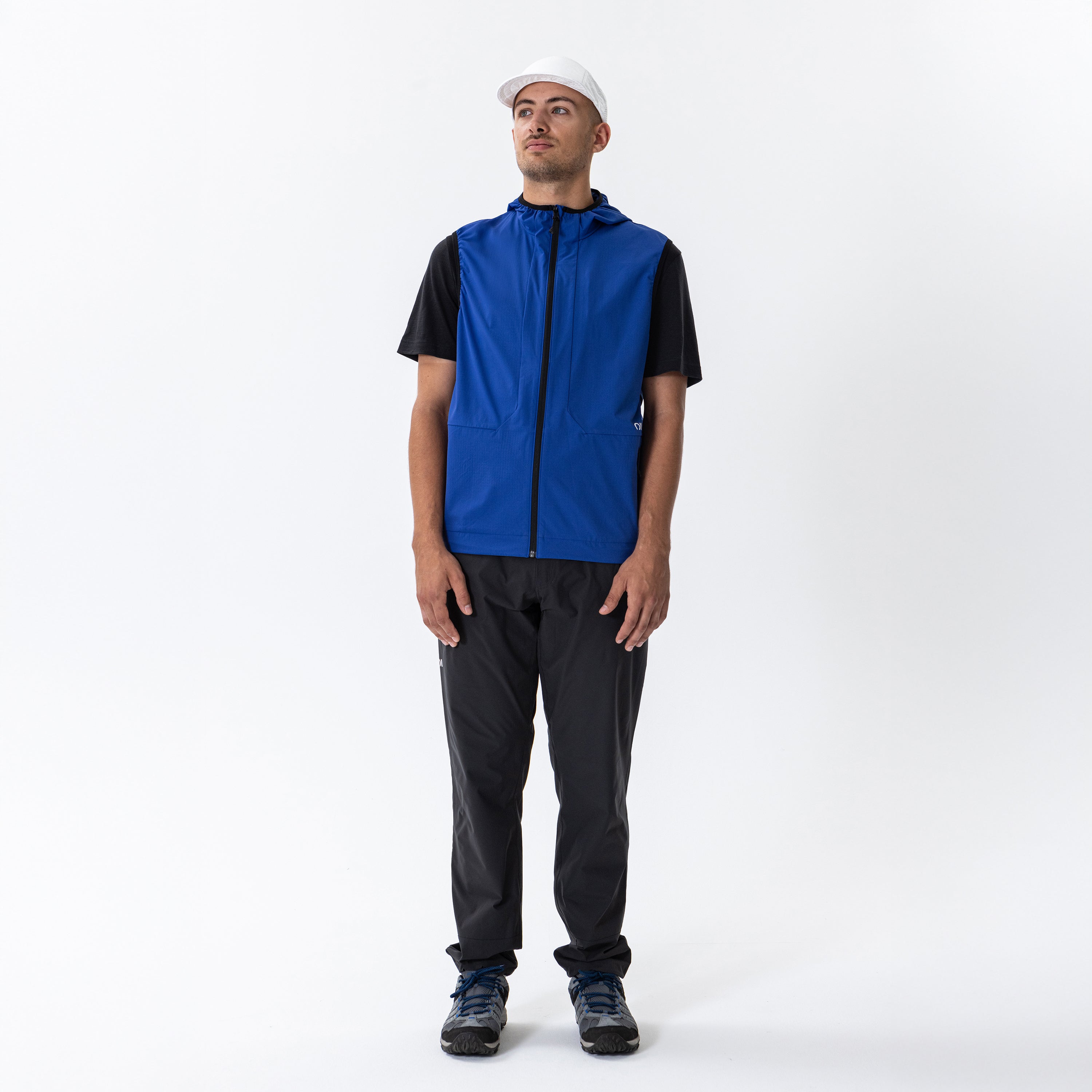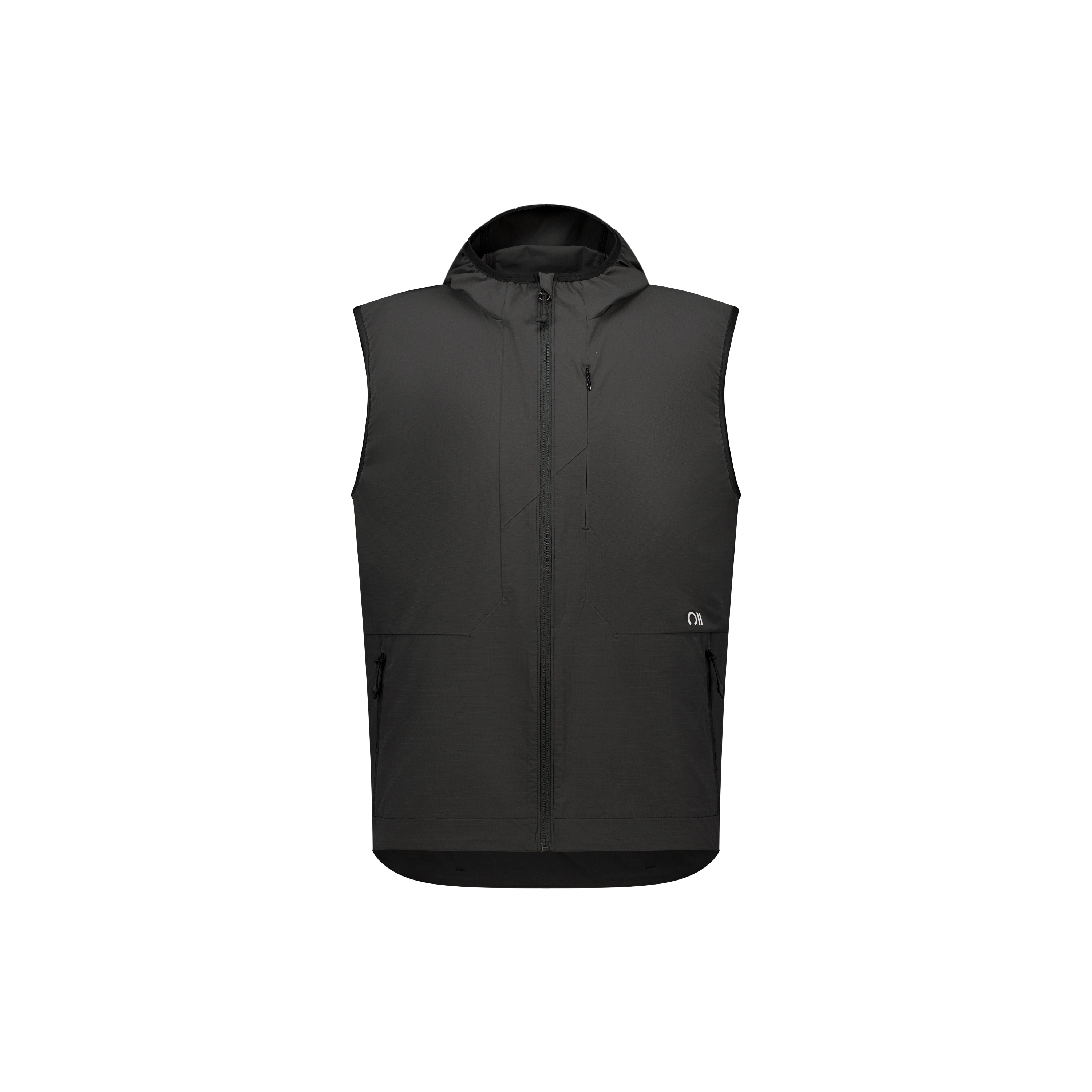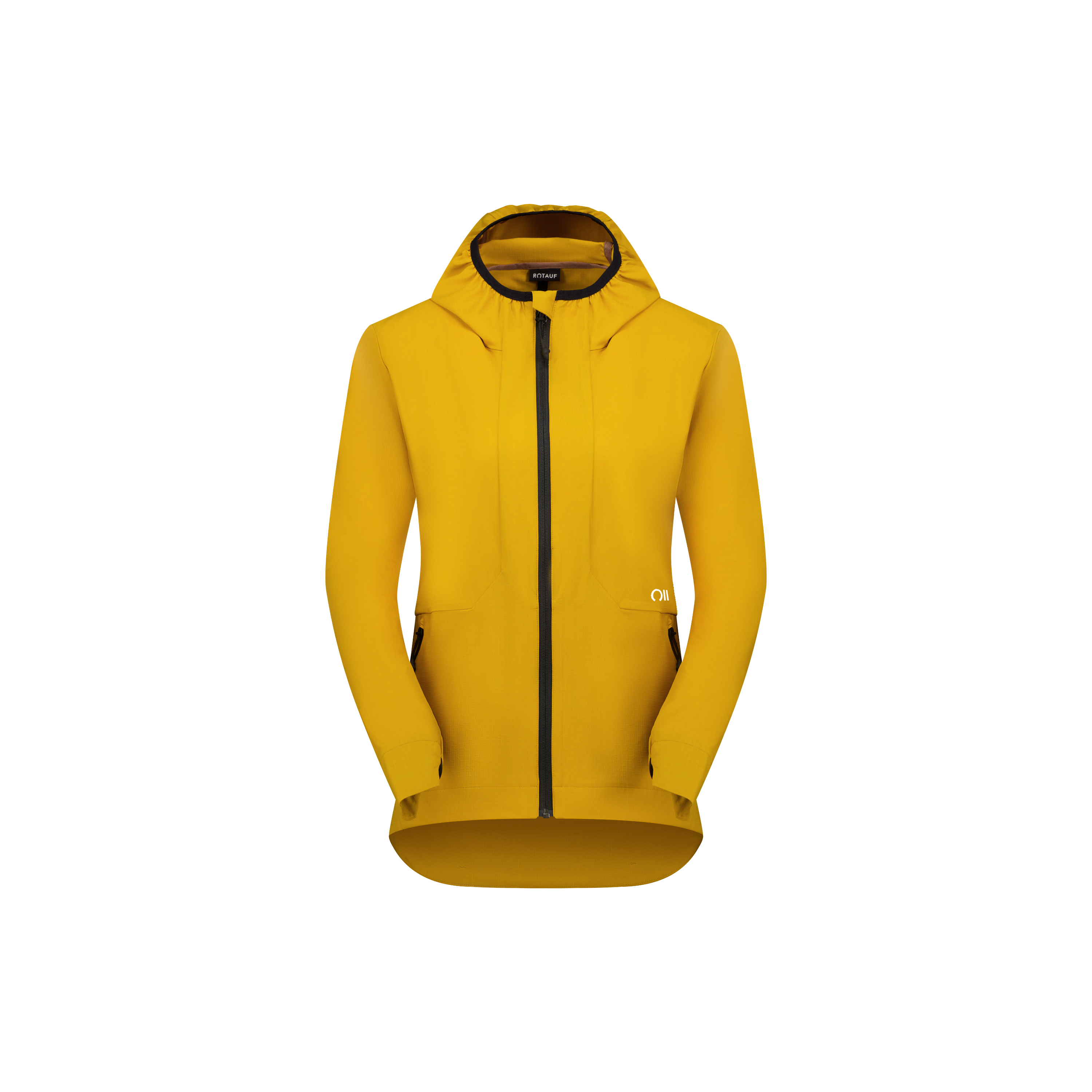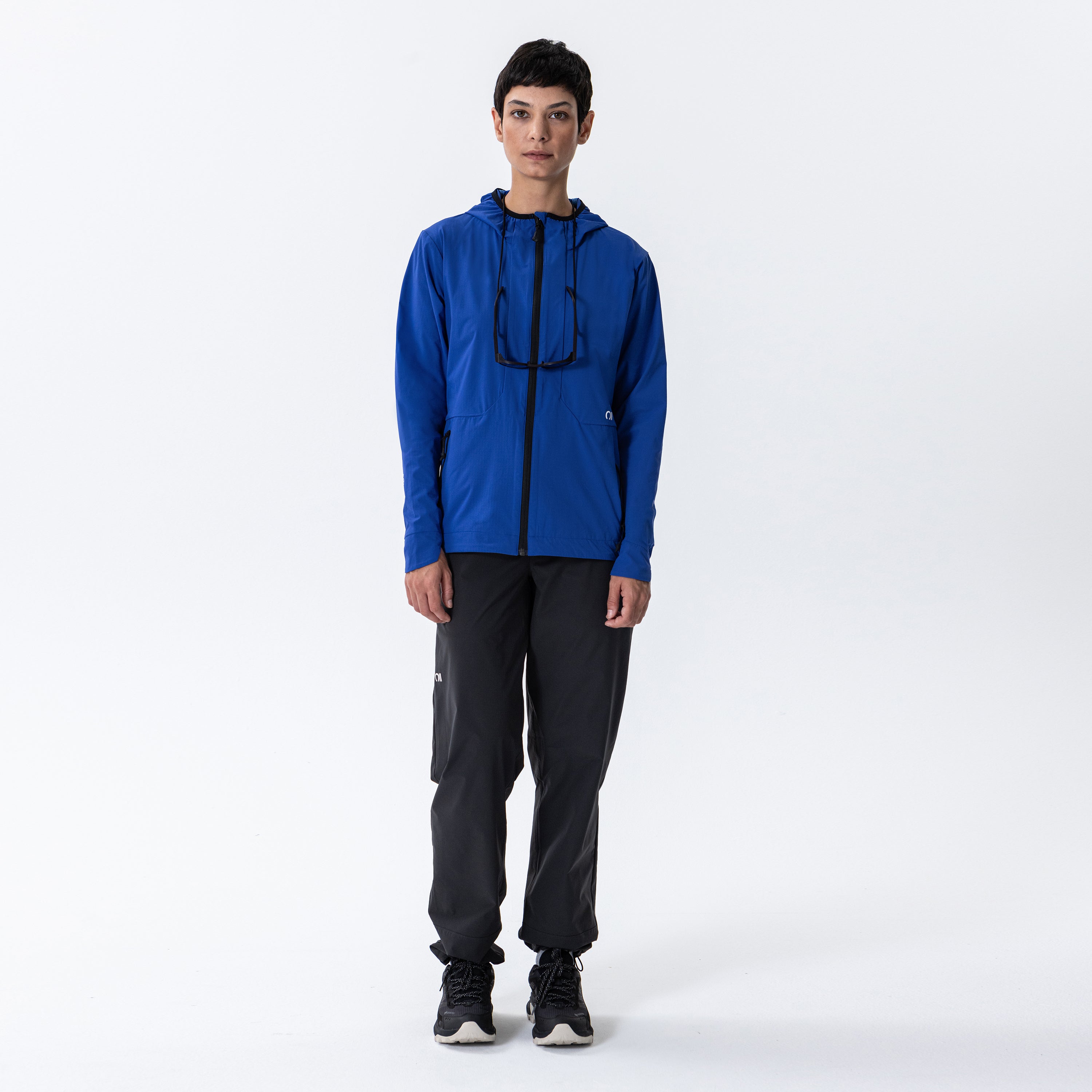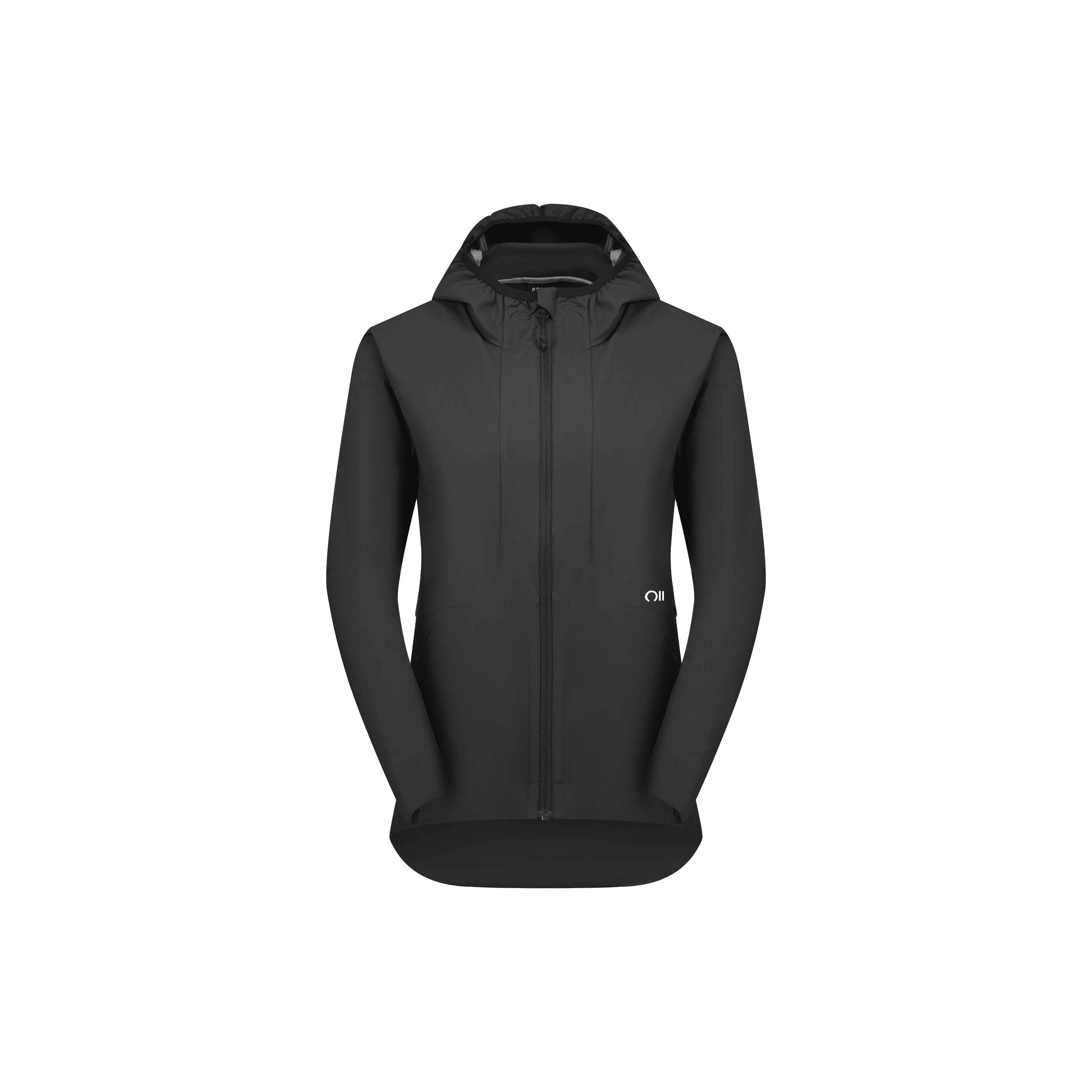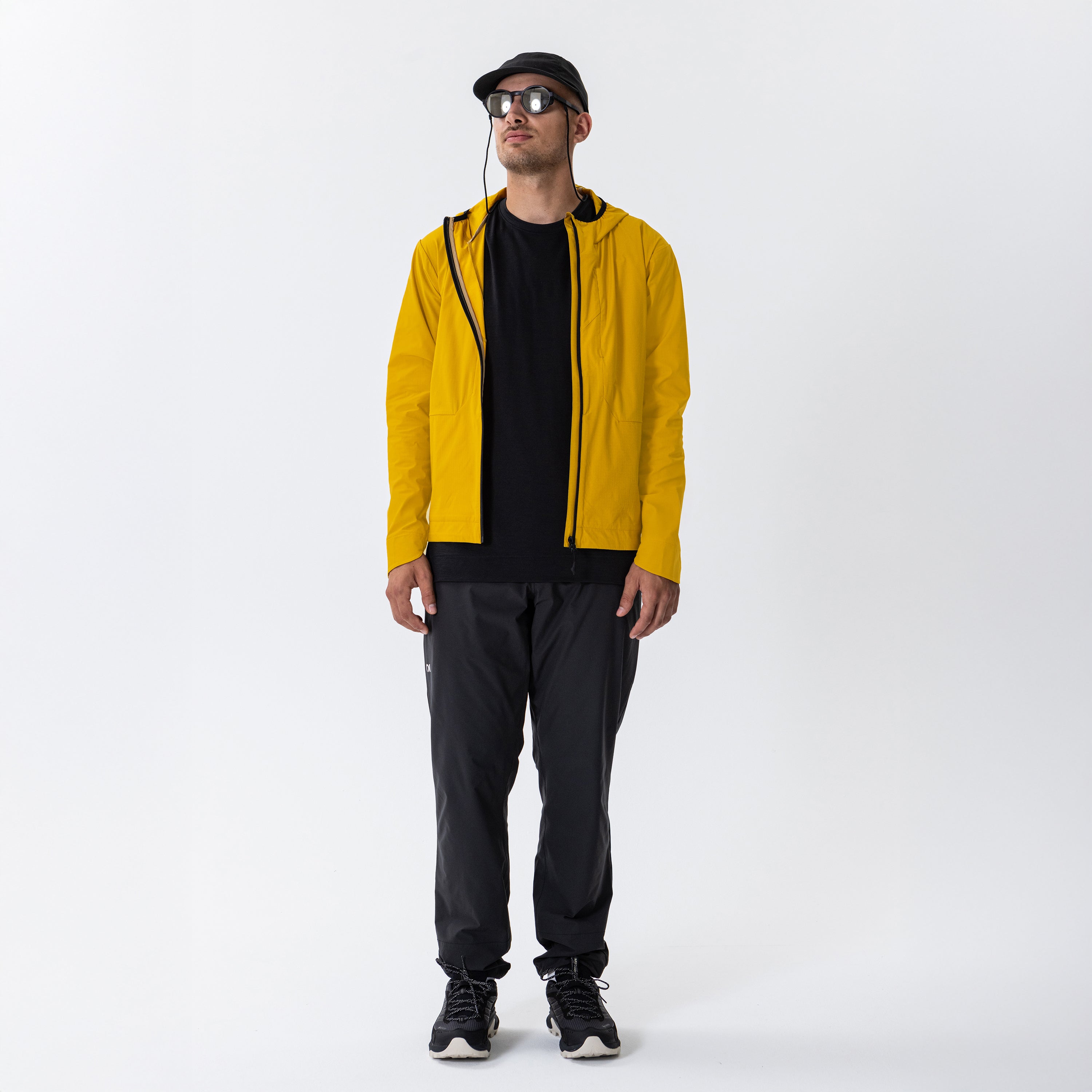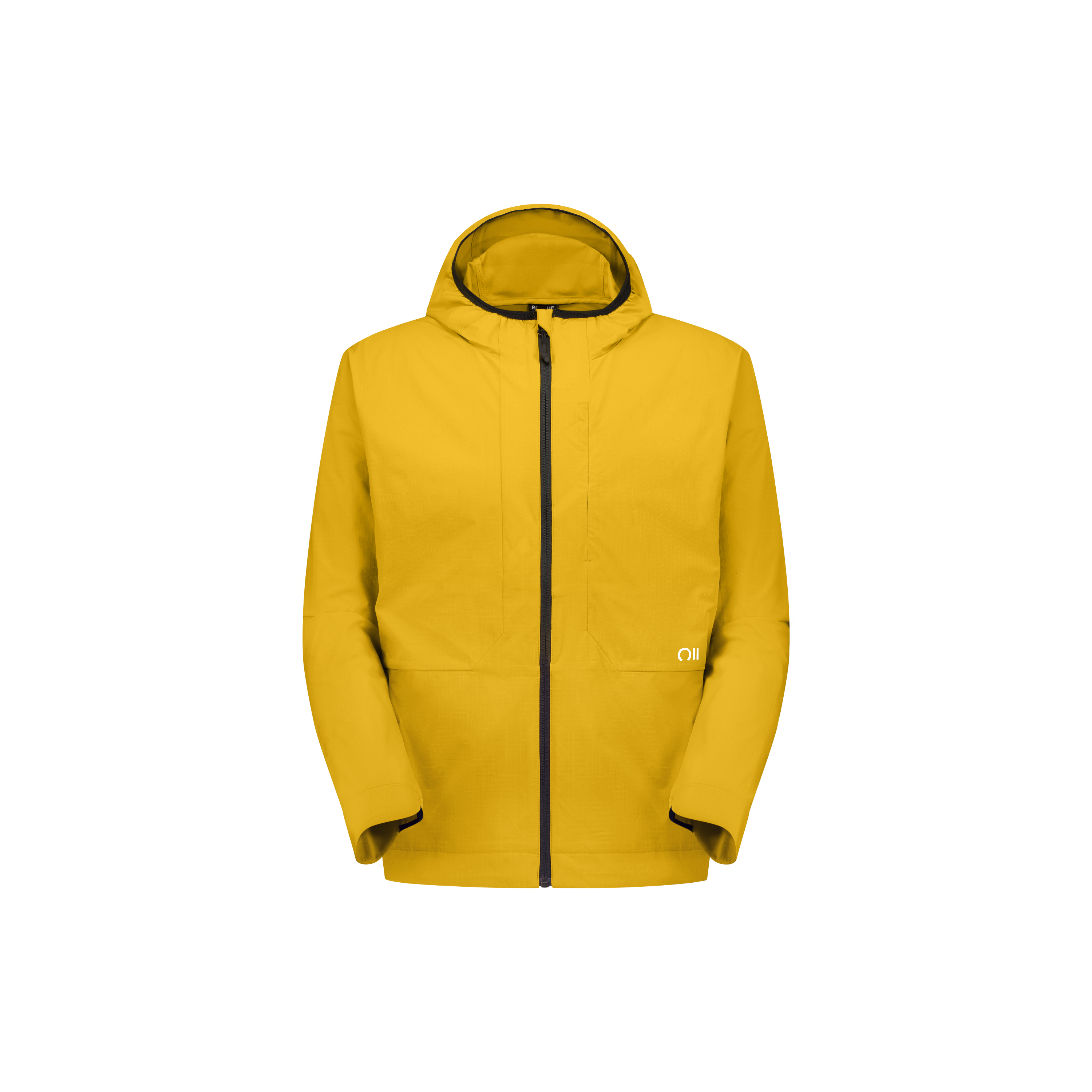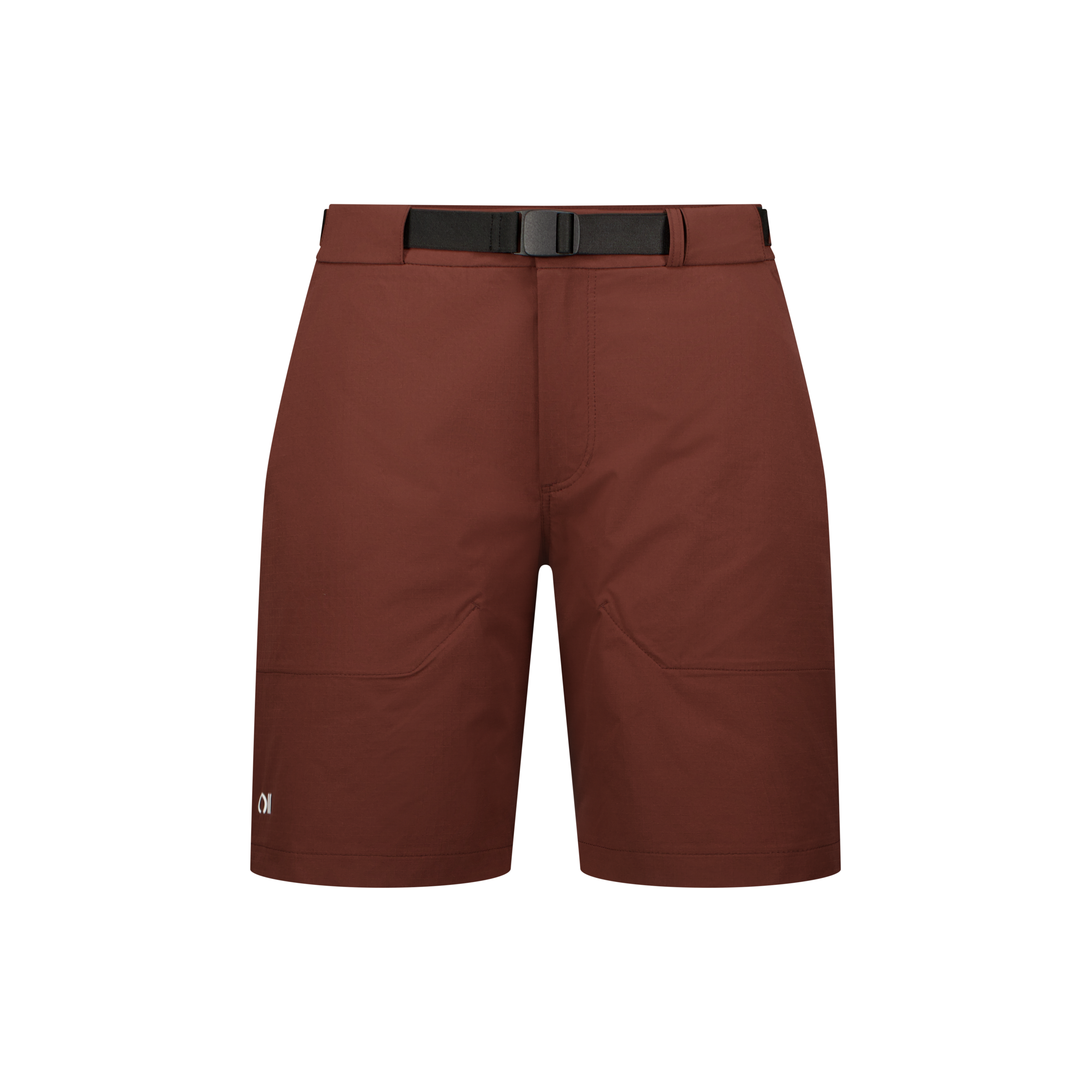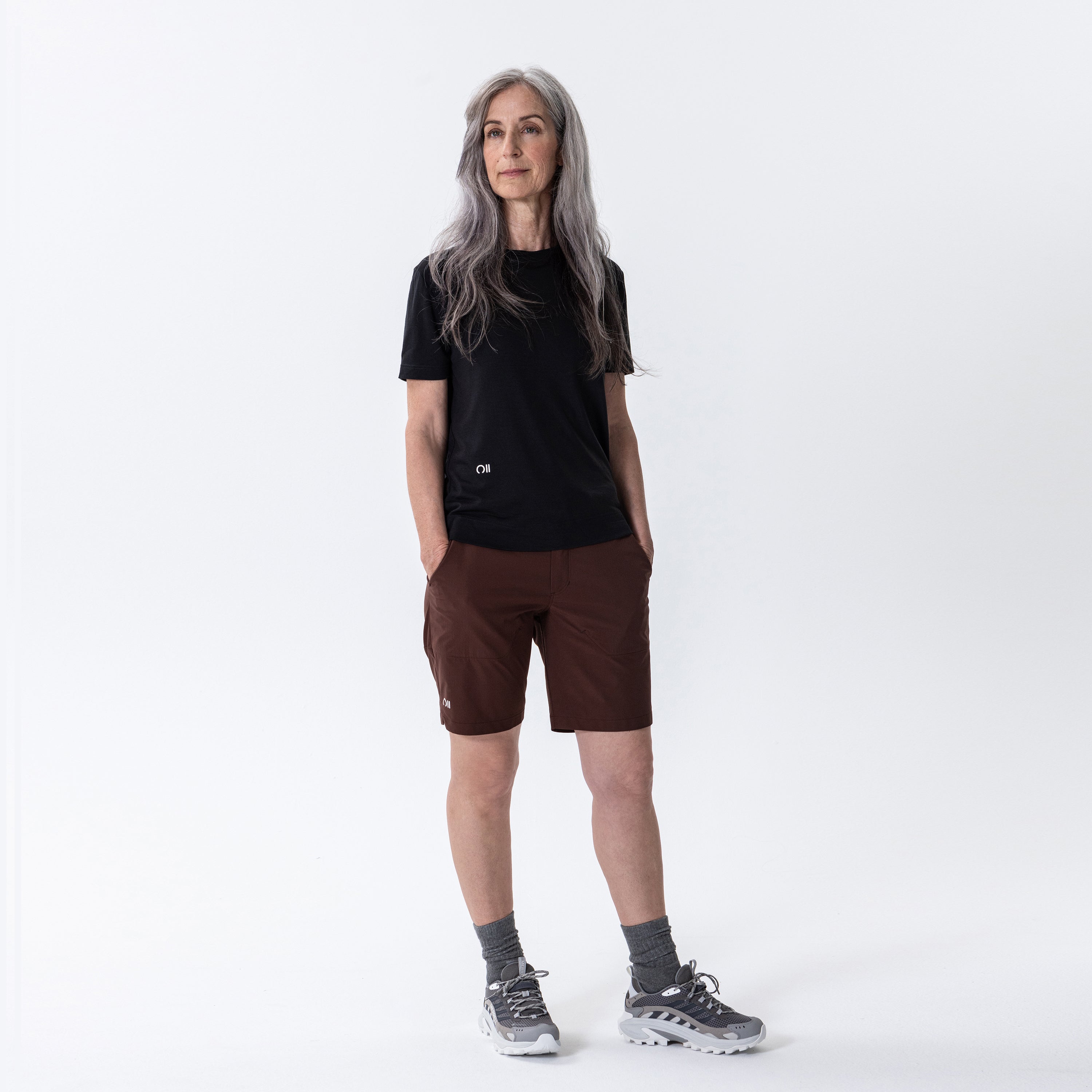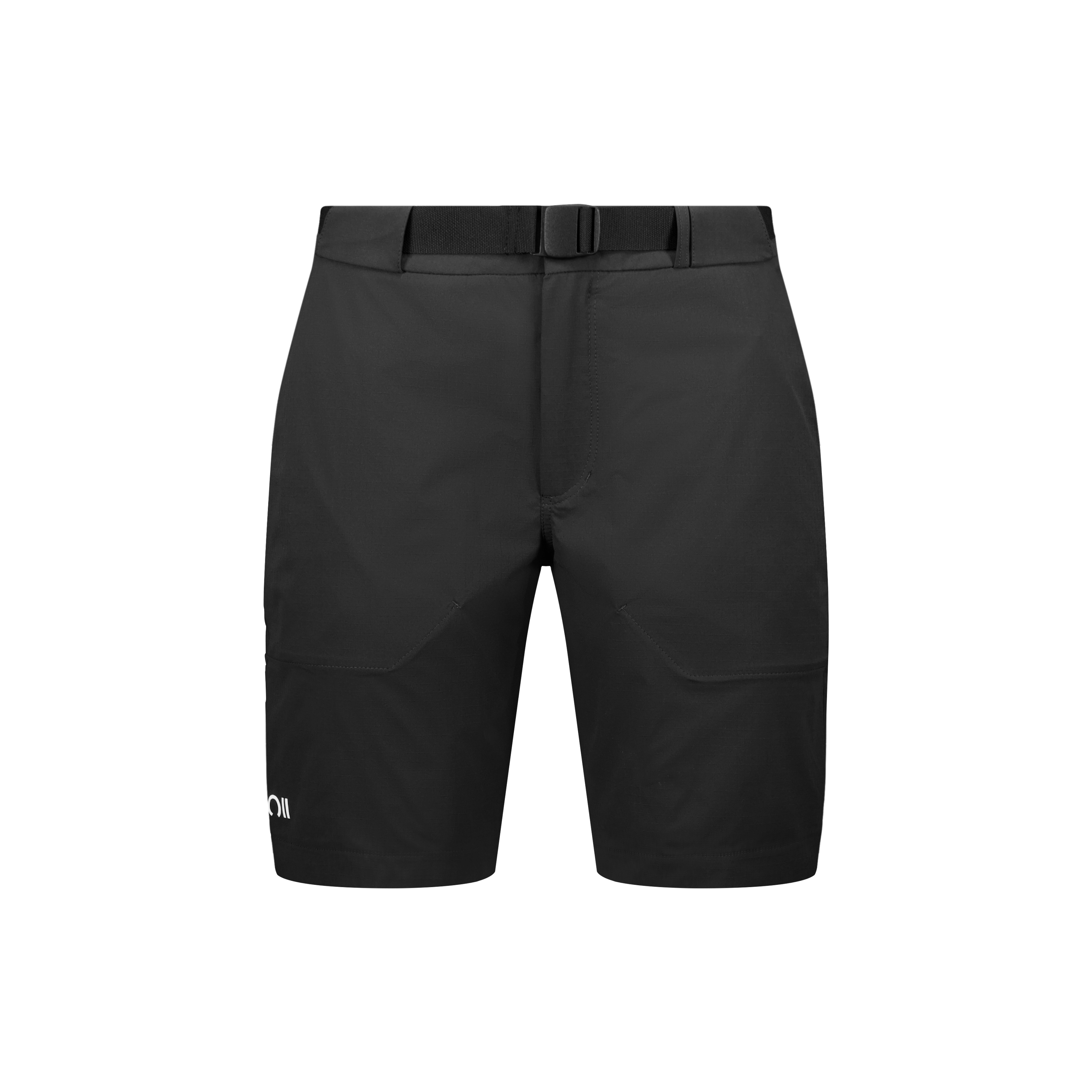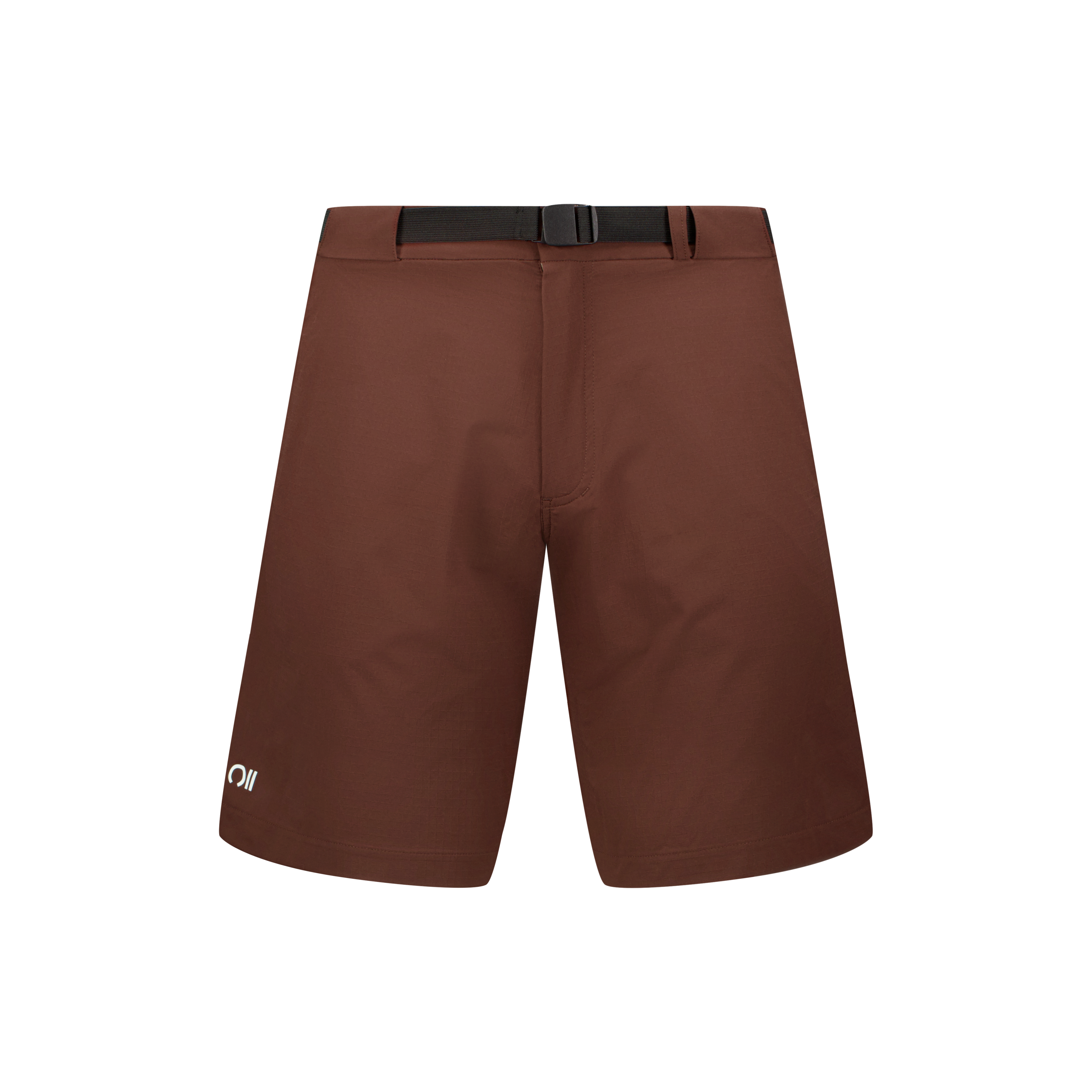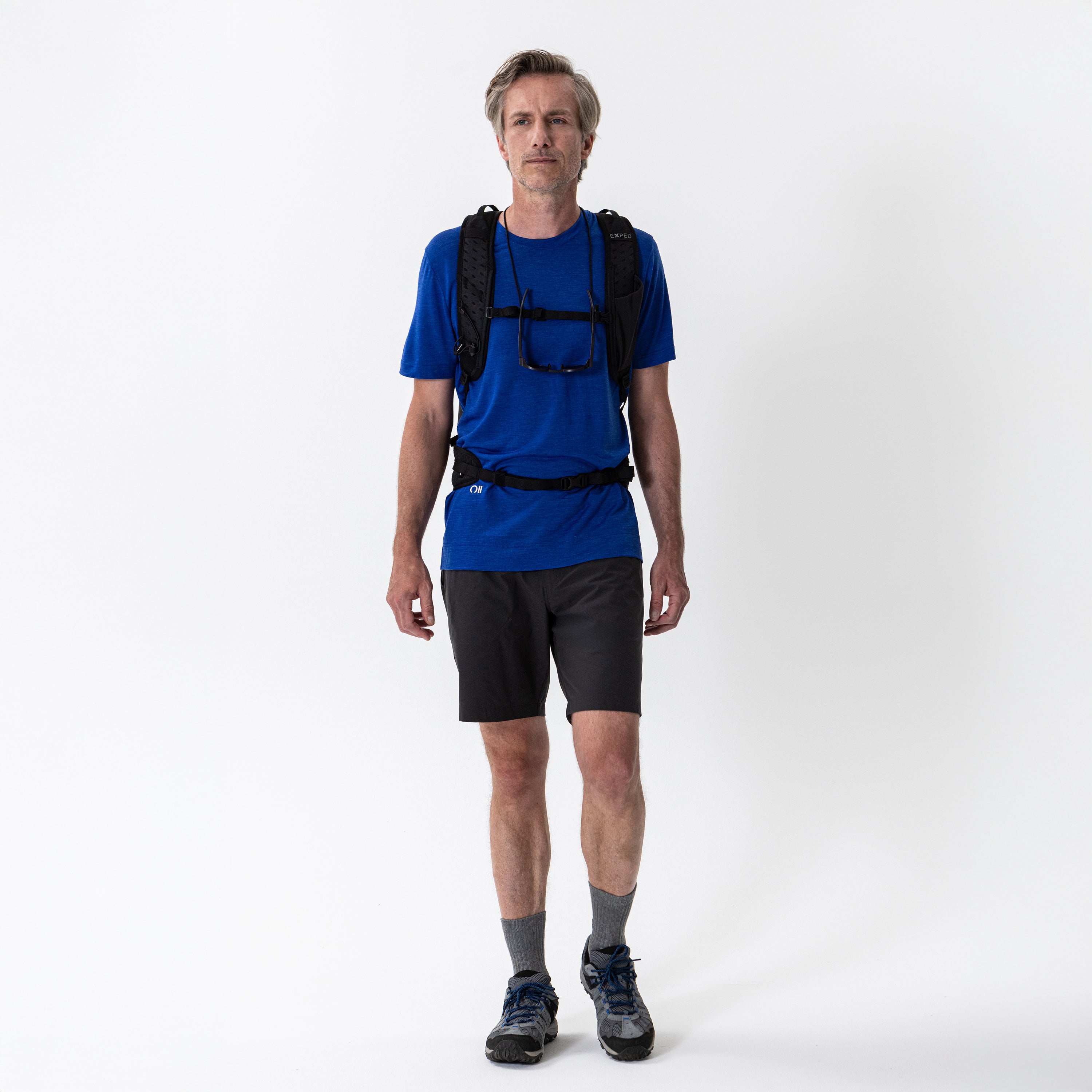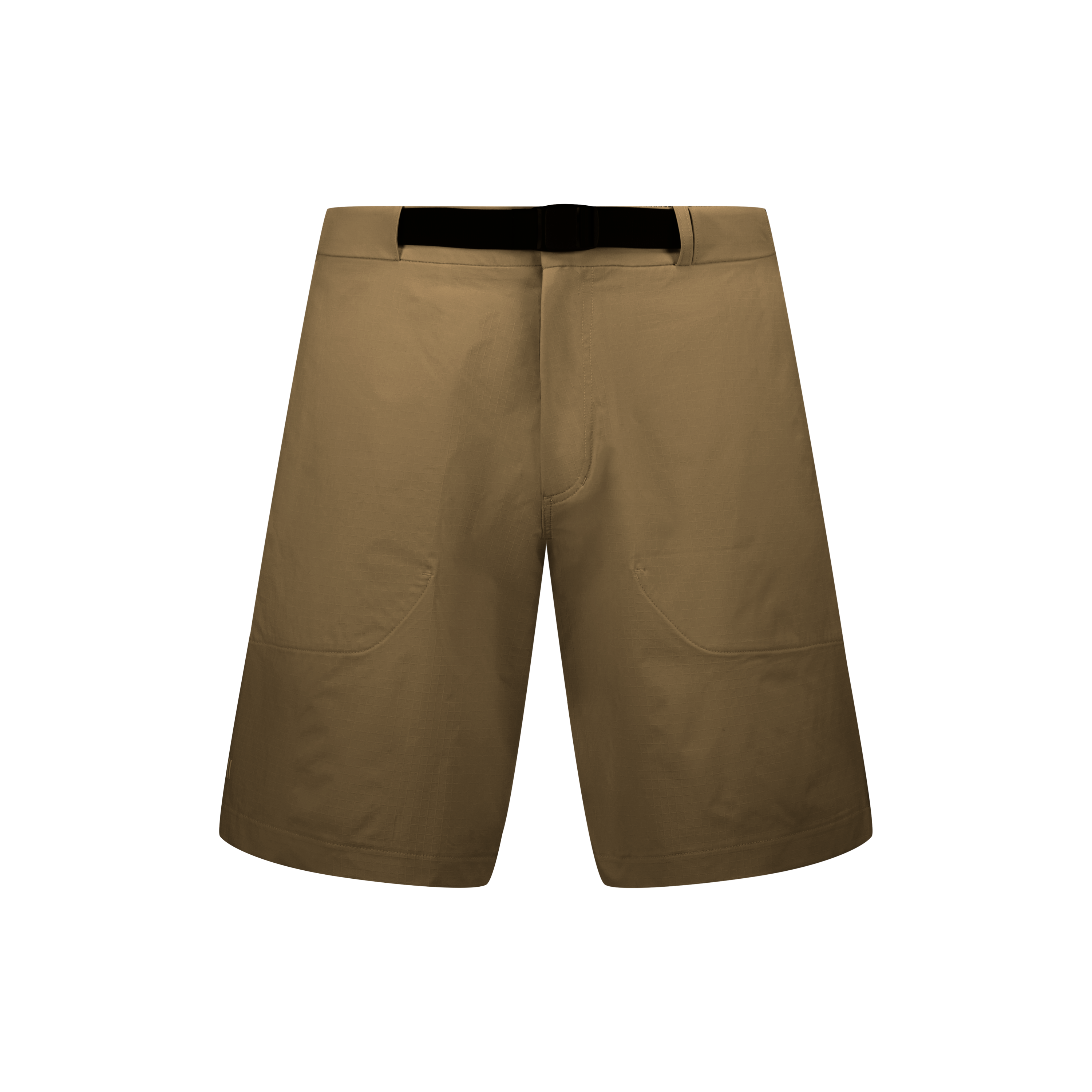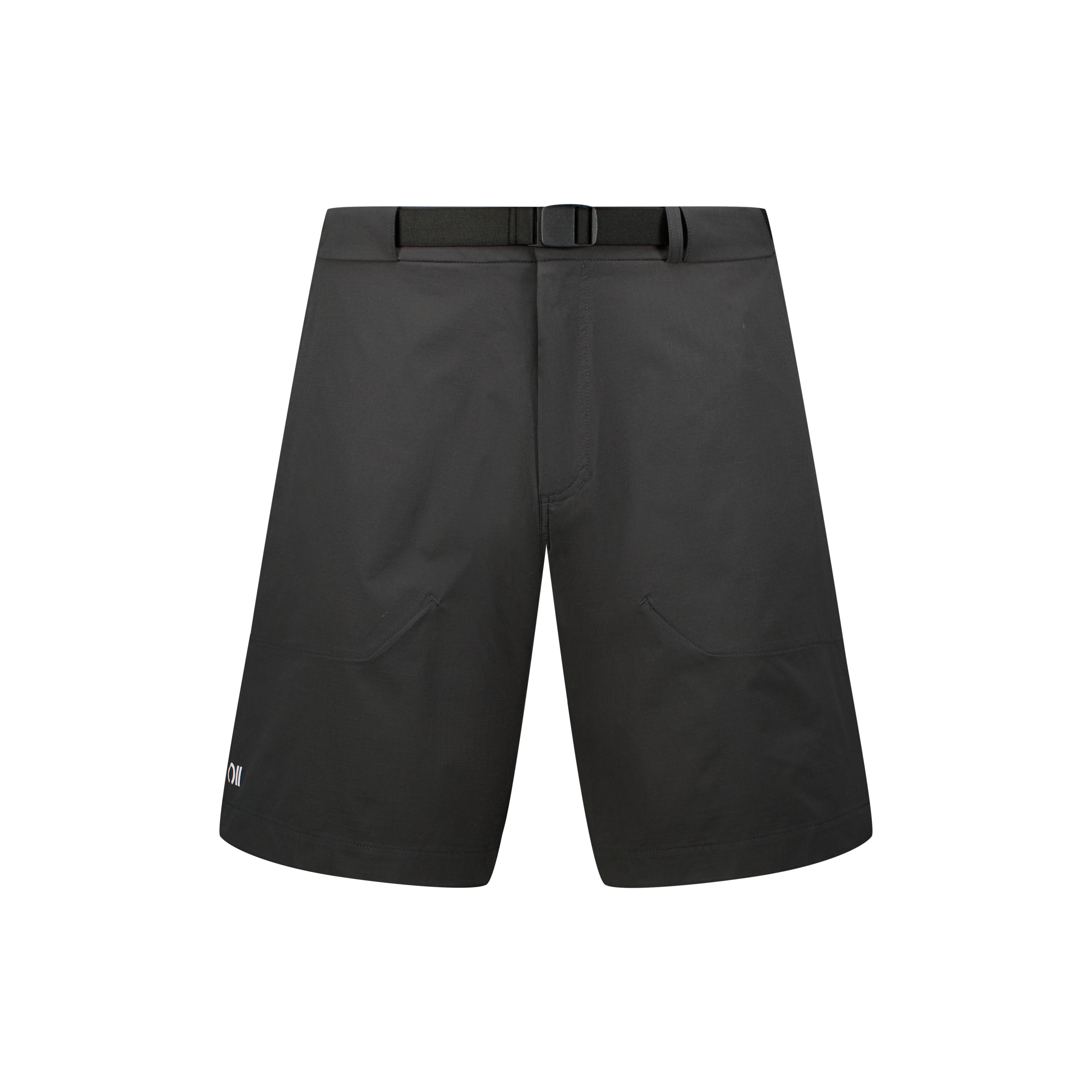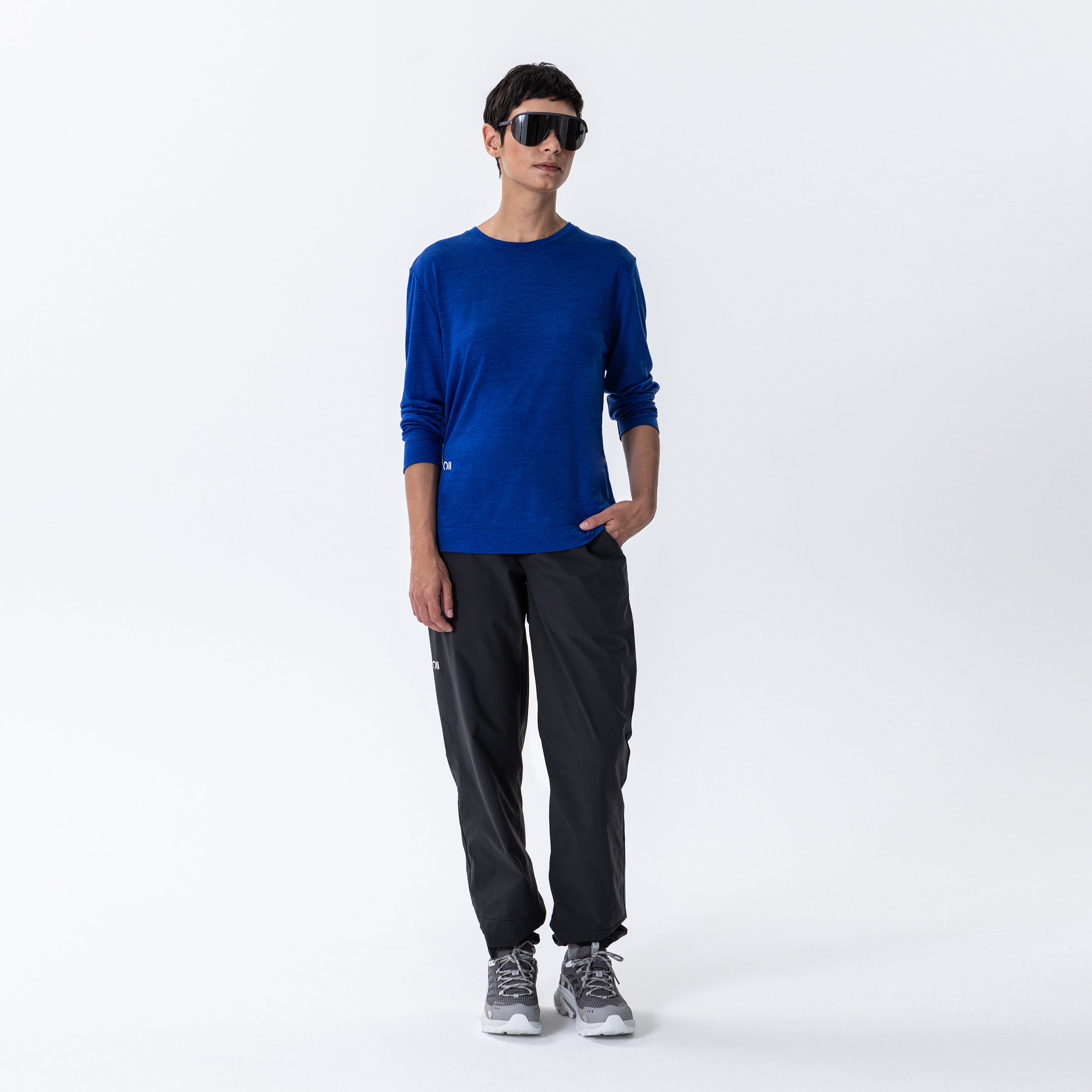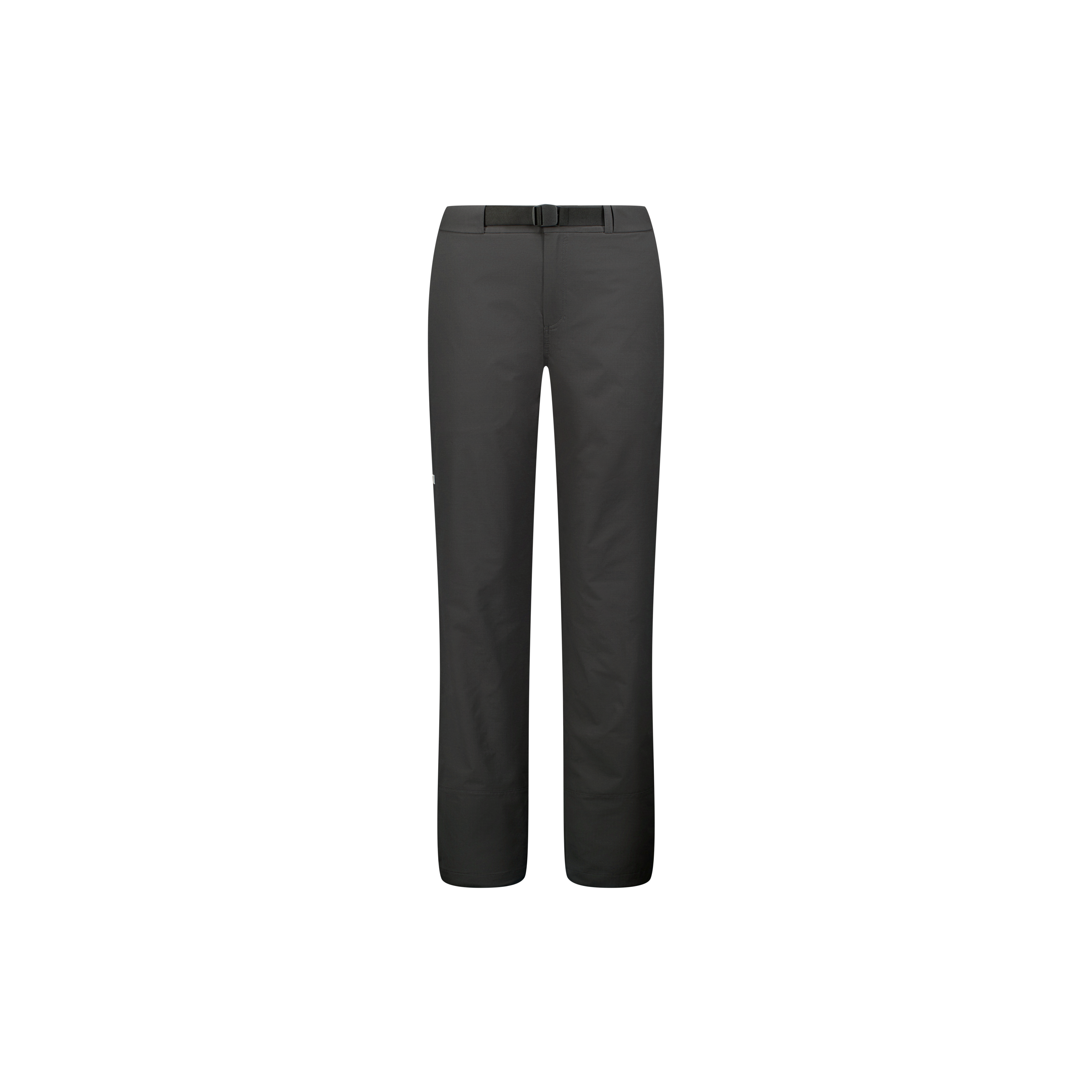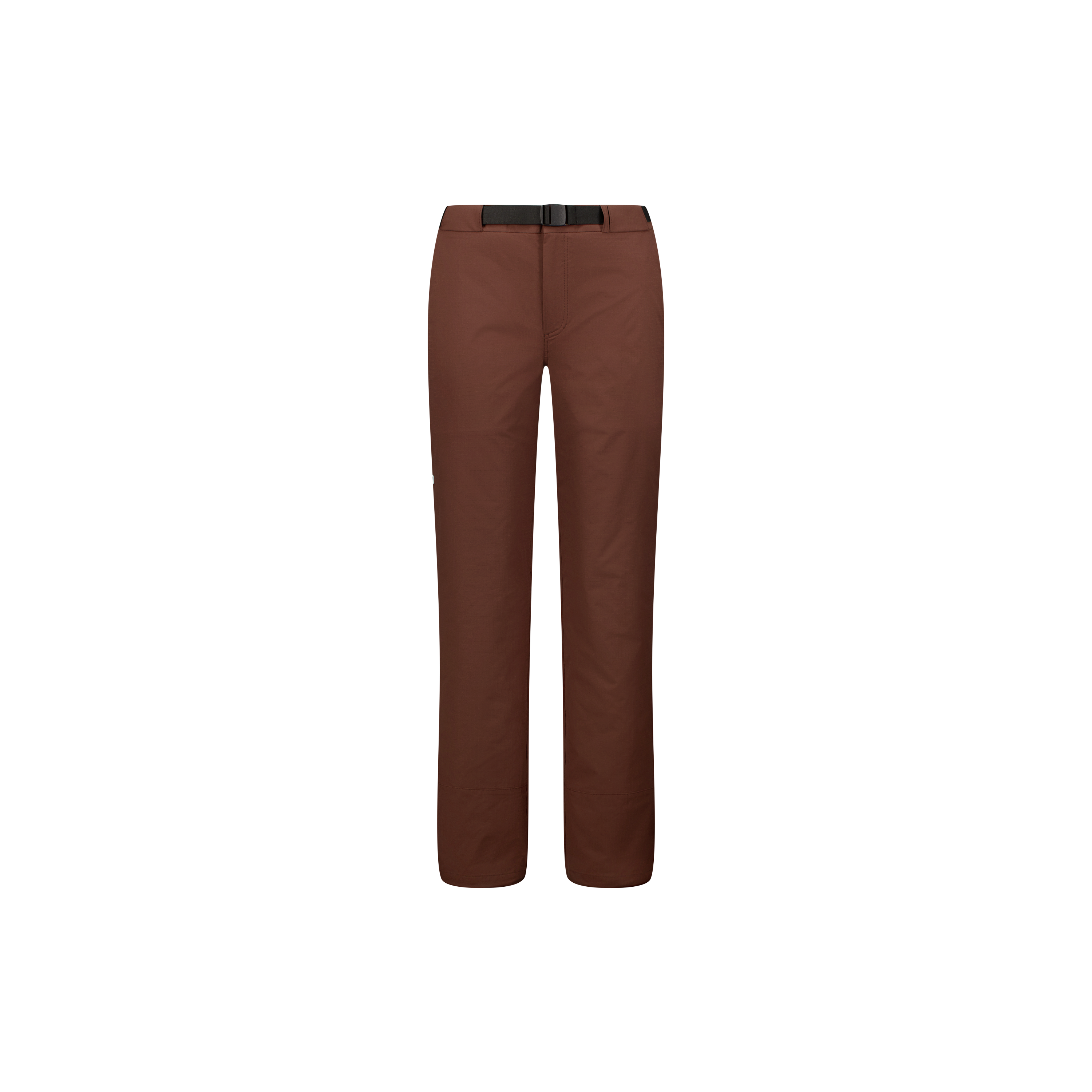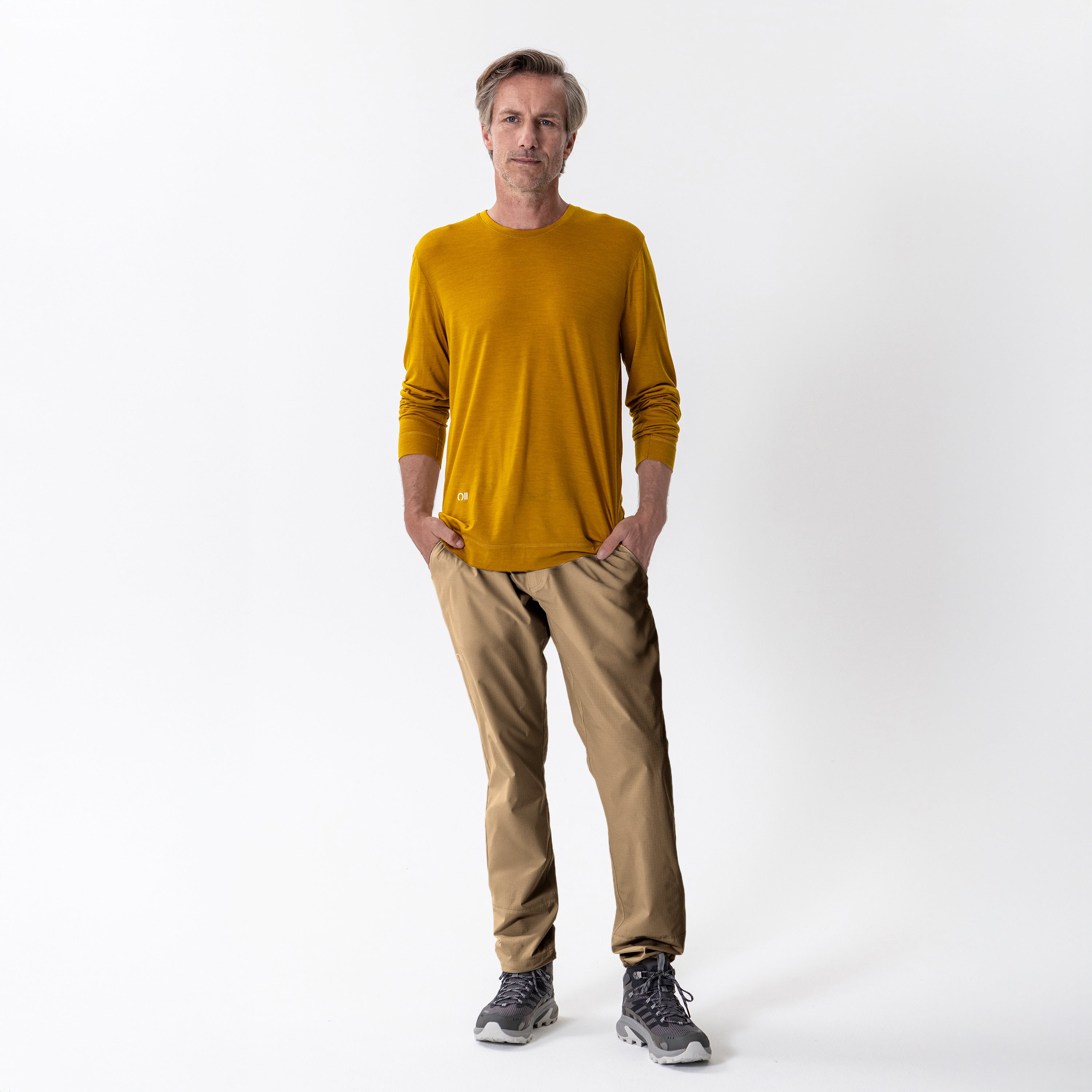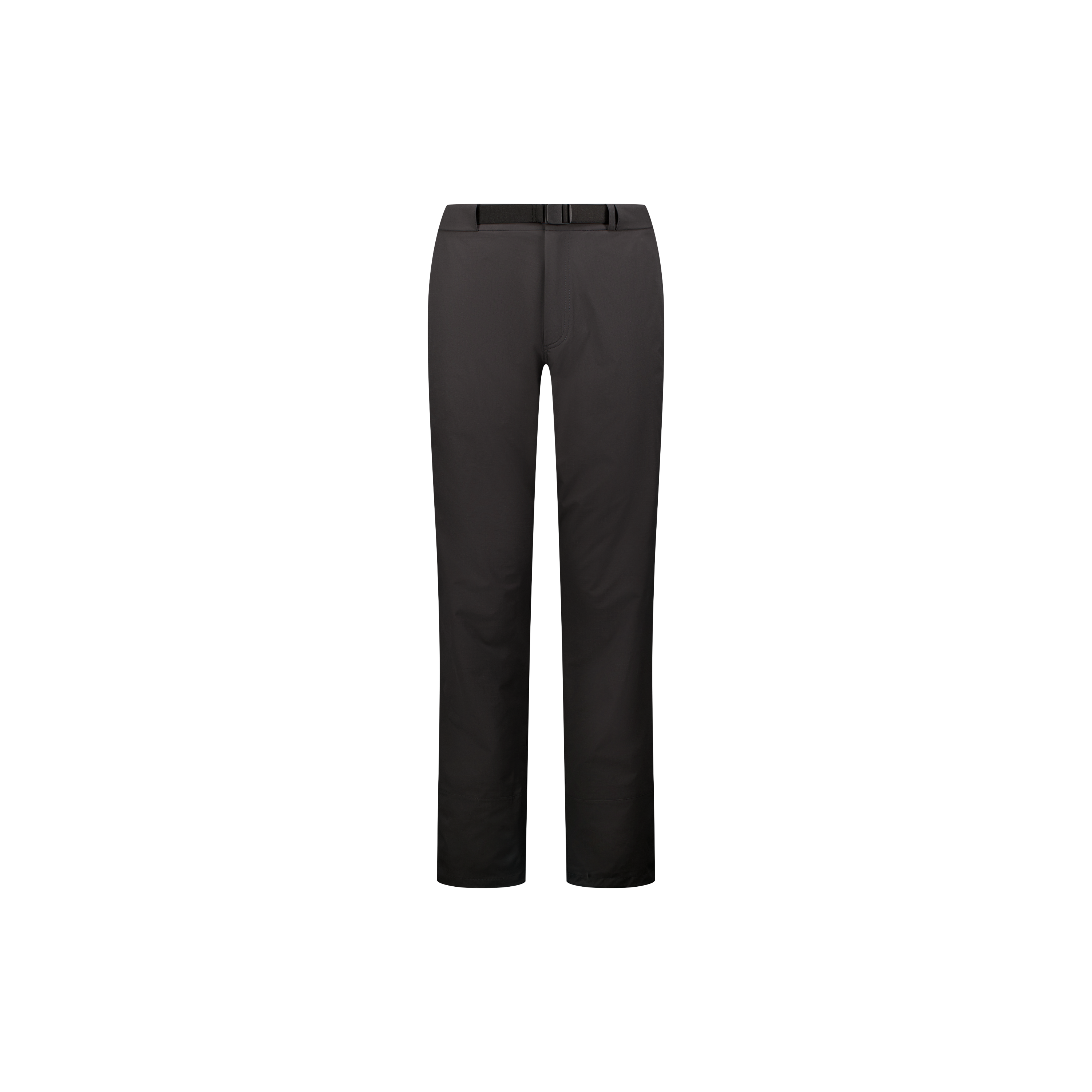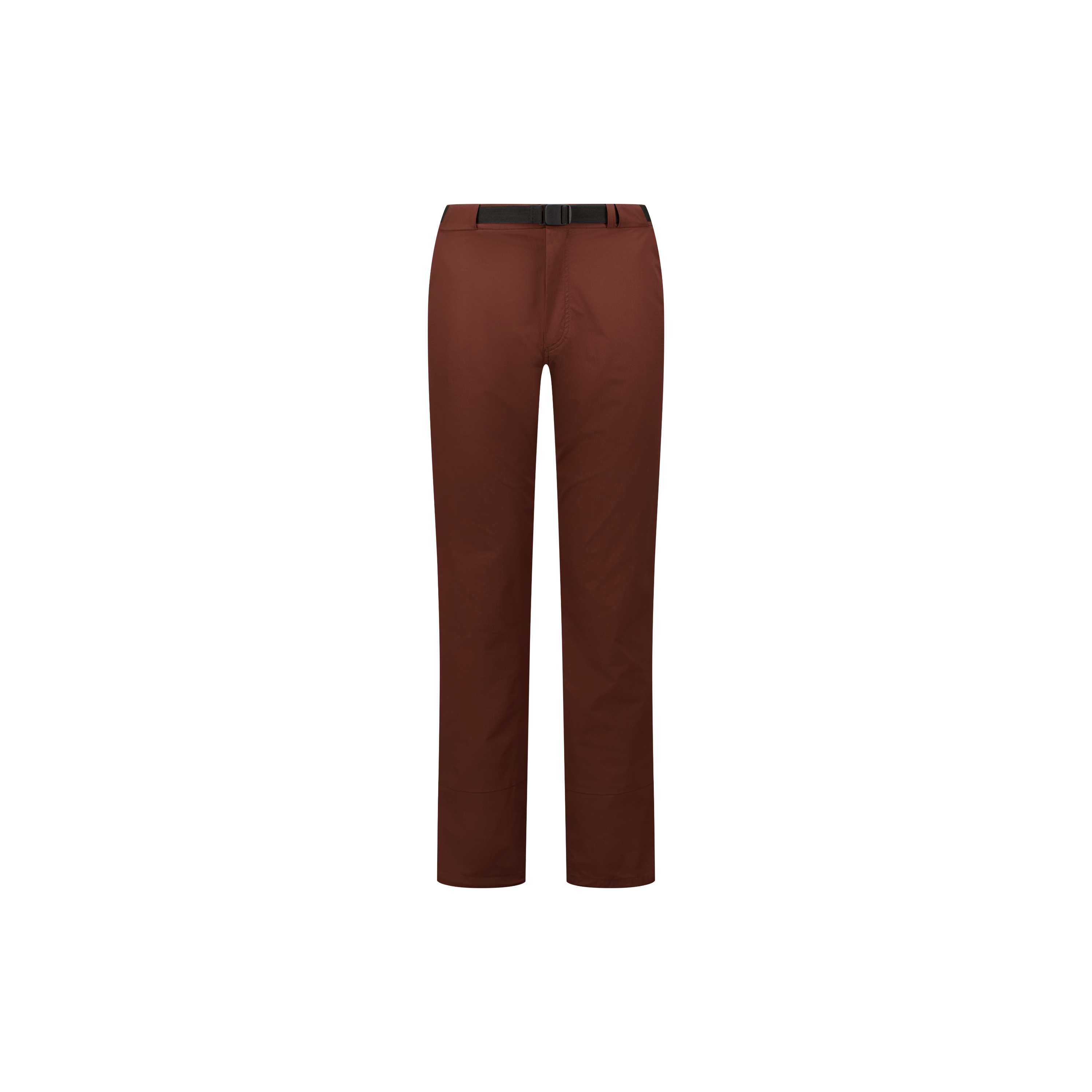
Rotauf elastane
Rotauf Blog
Elastane - One of the causes of microplastics
Elastane—also known as spandex or lycra—is a synthetic material that enjoys great popularity, especially in sports and outdoor wear, as it makes clothing adaptable and comfortable. However, the production and use of elastane are anything but sustainable. At ROTAUF, we consistently avoid the use of elastane. In our blog, you'll learn why elastane is such a major environmental polluter and which alternatives we use for our outdoor clothing.
WHY ELASTANE IS SO PROBLEMATIC FOR OUR ENVIRONMENT
The production of elastane itself demonstrates the enormous environmental impact it creates, as it requires large amounts of energy and chemicals. Since elastane is petroleum-based, its production contributes to the depletion of fossil resources and leaves a significant carbon footprint. Furthermore, elastane—like other synthetic fibers—releases microplastic particles with every wash. These enter wastewater and pollute waterways, animals, and the environment, as the microplastics are absorbed by organisms and accumulate in the food chain—which ultimately affects us humans as well.
Clothing containing elastane often loses its shape and elasticity after frequent wear and washing, which already shortens the product's lifespan. However, for a sustainable wardrobe like the one we produce with ROTAUF, durable products are crucial. In addition, elastane is inherently difficult to recycle. When blended with other fabrics, it is even more difficult to recycle. Separating blended fabrics is complex and expensive and often leads to material loss, which severely limits the recycling rate.
ELASTANE-FREE
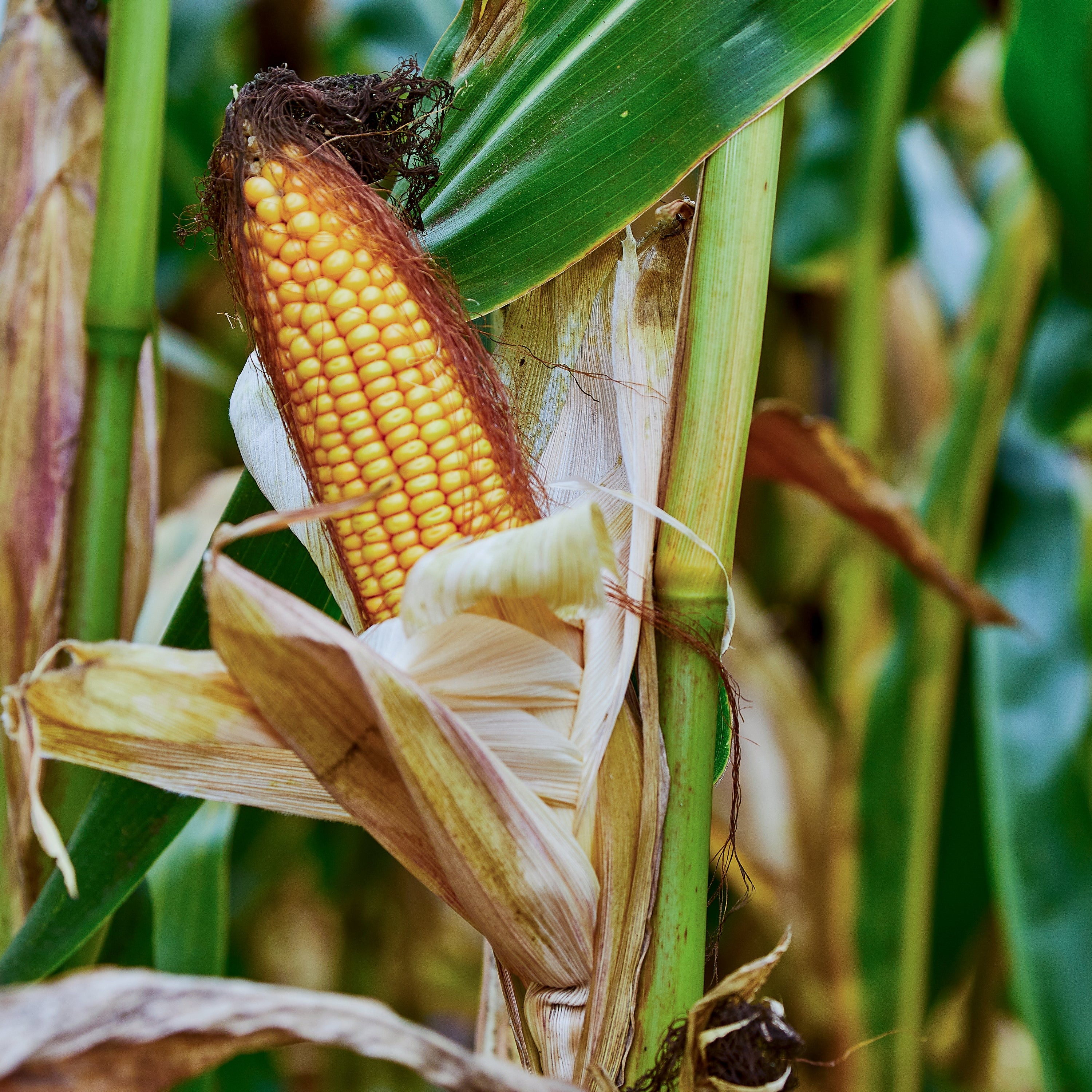
Biobasierte Dehnbarkeit
Sorona® Pes
Mehr als nur eine Alternative - wir beweisen mit der neuen Active Series, dass die Herstellung von elastischen Funktionsbekleidung ohne Elasthan möglich ist. Hierfür nutzen wir Sorona®, eine innovative Hochleistungsfaser, die mithilfe von jährlich erneuerbaren pflanzlichen Rohstoffen hergestellt wird und maximale Dehnbarkeit bietet. Die innovative Struktur macht Elasthan überflüssig und ermöglicht dennoch uneingeschränkte Bewegungsfreiheit – perfekt für jede sportliche Aktivität.

